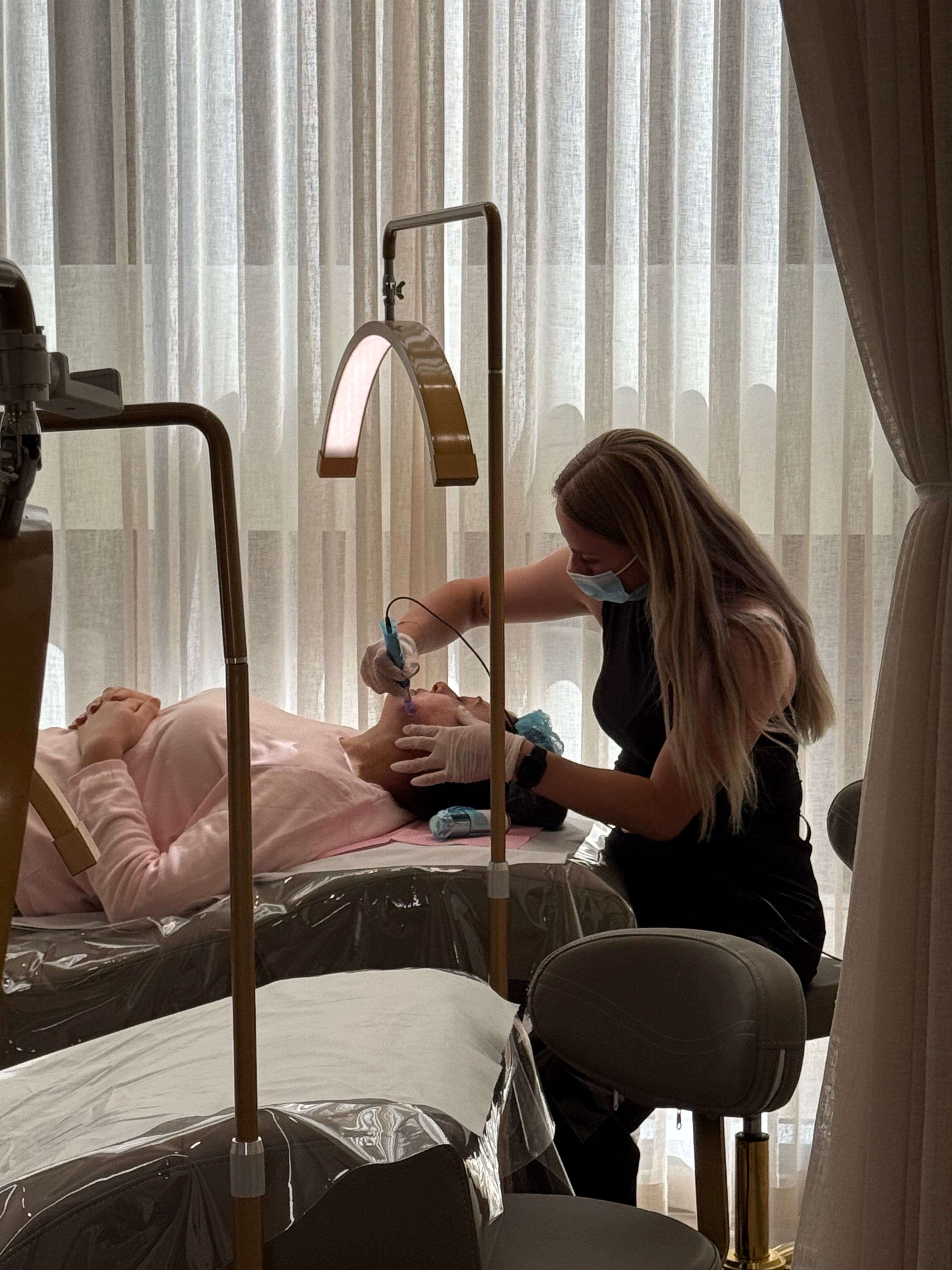
Accredited vs Non-Accredited Beauty Training in NSW: What’s the Difference and Why It Matters
If you’re considering a career in the beauty industry or looking to up-skill, you’ve probably come across both accredited and non-accredited training options. While both types of courses can teach you valuable skills, there are some key differences—especially in New South Wales (NSW)—that are important to understand before you enrol.
So, what’s the difference between accredited and non-accredited training, and how do you know which one is right for you? Let’s break it down.
What is Accredited Training?
Accredited training refers to courses that are nationally recognised under the Australian Qualifications Framework (AQF). These courses are developed to meet strict government standards for content, delivery, and assessment. They are typically delivered by a Registered Training Organisation (RTO) and result in a qualification or statement of attainment that is recognised across Australia.
In the beauty industry, some common accredited units might include:
- SHBBHRS013 – Provide electrolysis treatments
- SHBBINF002 – Maintain infection control standards
- SHBBSKS005 – Provide micro-dermabrasion treatments
Benefits of Accredited Training:
- National Recognition: Your qualification is recognised Australia-wide.
- Meets Industry Standards: Developed in consultation with industry experts to ensure relevance and safety.
- Pathways to Further Study: Can count towards full qualifications like a Certificate III, IV, or Diploma.
- Essential for Some Treatments: Certain services (like laser, IPL, electrolysis, and skin needling) often require accredited units to meet licensing or insurance requirements.
- Funding Options: Some students may be eligible for government funding or subsidies.
What is Non-Accredited Training?
Non-accredited training refers to short courses or workshops that are not recognised under the AQF. These are usually developed independently by training providers or industry professionals and often focus on specific skills or treatments.
Examples of non-accredited training might include:
- A one-day lash lift or brow lamination course
- Makeup masterclasses
- Business or marketing workshops for beauty therapists
Benefits of Non-Accredited Training:
- Flexibility: Often shorter in duration, and more targeted to specific services.
- Quick Skill Acquisition: Great for learning trending treatments or adding extra services to your menu.
- Industry-Led: Often taught by experienced professionals who offer real-world insights.
Limitations:
- Not Nationally Recognised: You won’t receive a formal qualification.
- May Not Be Accepted for Licensing or Insurance: Particularly important for high-risk or invasive treatments.
- No Pathways to Further Study: These courses don’t contribute to formal qualifications.
So, Which One Should You Choose?
The right choice depends on your goals.
If you’re:
- New to the industry
- Planning to work in or open a salon
- Wanting to offer regulated or advanced treatments
- Looking for long-term career growth
…then accredited training is essential. It not only meets professional and legal standards but also sets a strong foundation for your future in beauty.
If you’re:
- Already qualified and want to learn a new service
- Looking for a quick upskill or creative inspiration
- Not needing a formal qualification
…then a non-accredited course can be a great way to expand your treatment menu or keep up with trends.
A Word of Caution
In NSW, some treatments—especially those that involve skin penetration, electrical currents, or laser/IPL—may require specific accredited units for insurance or local council approval. It’s always best to check with your local health authority, insurer, or industry association before offering new services.
Final Thoughts
Both accredited and non-accredited training have a place in the beauty industry. However, it’s crucial to know the difference—especially if you’re working toward a professional career or offering advanced skin or body treatments. Investing in accredited education ensures you’re working to national standards and gives you the peace of mind that your qualification is respected, insurable, and legally compliant.
If you’re unsure what kind of training you need, feel free to reach out—we’re always happy to help guide you on the right path.

